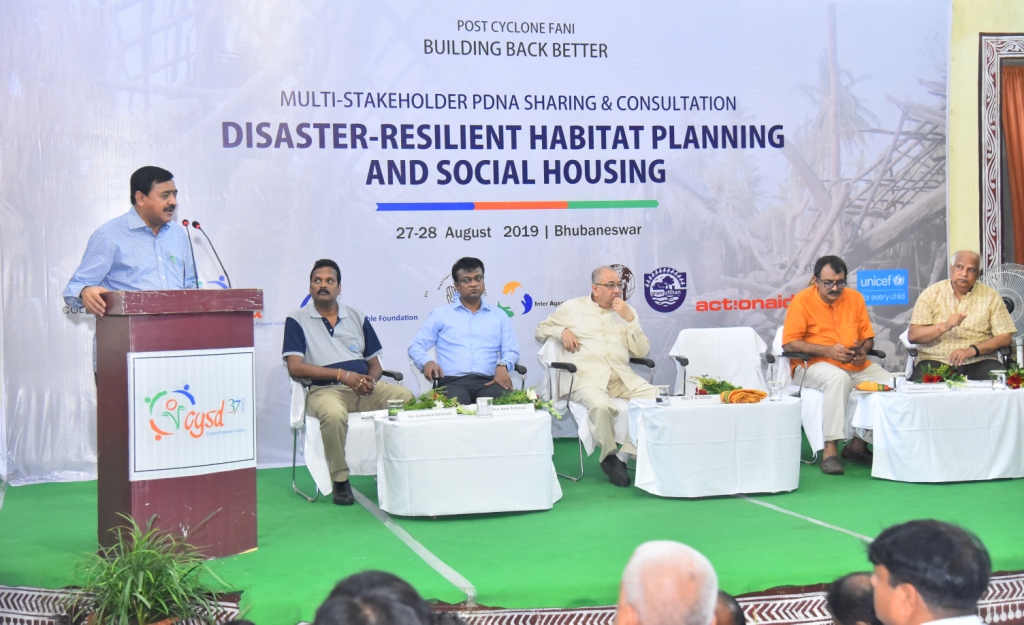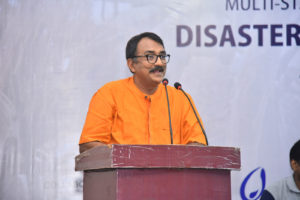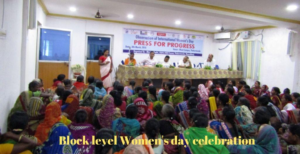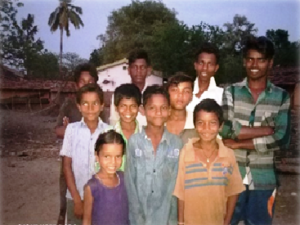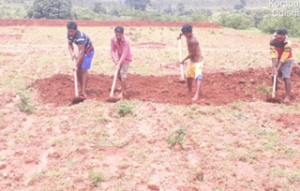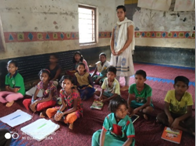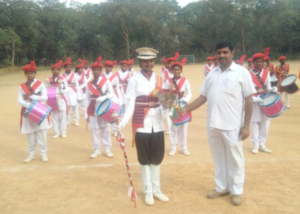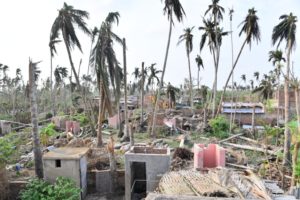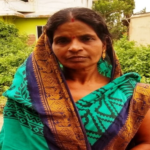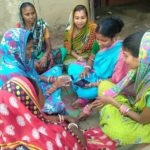Transitional Space for ‘FANI’ affected School Children
Children are the worst sufferers during and post-cyclone FANI. While parents and other adults are busy with salvaging items from the ravage, repairing houses, arranging for food and water – children are neglected and left on their own jeopardizing their security, health and education.
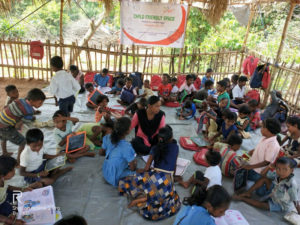
Taking into account the effects of extremely devastating cyclone FANI on children, special care and protection are considered critical during the post-cyclone scenario. Thus, CYSD has initiated 7 transitional space for school children (Child-Friendly Space – CFS) in six worst affected villages of Krushnaprasad block in Puri district with the support of American Jewish World Service (AJWS) for a period of three months.
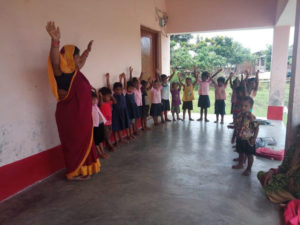 The purpose of CFS is to support the resilience and well-being of children through structured activities conducted in a safe and child-friendly environment. The primary participants of CFSs are children (3-18 years of age). These spaces will prepare children to go to the formal education system after a certain temporary period. The main activities conducted at CFS are designed in harmony with the local culture like, Playing, Drawing, Painting and Storytelling for children; Provision of play kits, first-aid kits, safe drinking water, learning materials for children; Health check-up, immunization and Nutritious food supplies; conducting sessions on confidence-building and drawing out children from stress; parents counselling and Trauma counselling of children. For this, community institutions and community-based organizations, especially the women groups & Anganwadi Workers are closely involved in monitoring the CFSs.
The purpose of CFS is to support the resilience and well-being of children through structured activities conducted in a safe and child-friendly environment. The primary participants of CFSs are children (3-18 years of age). These spaces will prepare children to go to the formal education system after a certain temporary period. The main activities conducted at CFS are designed in harmony with the local culture like, Playing, Drawing, Painting and Storytelling for children; Provision of play kits, first-aid kits, safe drinking water, learning materials for children; Health check-up, immunization and Nutritious food supplies; conducting sessions on confidence-building and drawing out children from stress; parents counselling and Trauma counselling of children. For this, community institutions and community-based organizations, especially the women groups & Anganwadi Workers are closely involved in monitoring the CFSs.
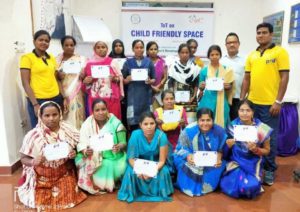 In order to enhance the coaching skill capacity of Anganwadi Workers, a 2-day “Trainers’ Training (ToT) on Child-Friendly Space” was organized in association with Pro Sport Development (PSD). A total of 19 women Anganwadi Workers of various villages of Krushna Prasad block participated in the programme. The training was part of the Fani rehabilitation program, especially for children and adolescents. The Anganwadi Workers were provided exposure to sports-based learning and facilitation skills for young children.
In order to enhance the coaching skill capacity of Anganwadi Workers, a 2-day “Trainers’ Training (ToT) on Child-Friendly Space” was organized in association with Pro Sport Development (PSD). A total of 19 women Anganwadi Workers of various villages of Krushna Prasad block participated in the programme. The training was part of the Fani rehabilitation program, especially for children and adolescents. The Anganwadi Workers were provided exposure to sports-based learning and facilitation skills for young children.


